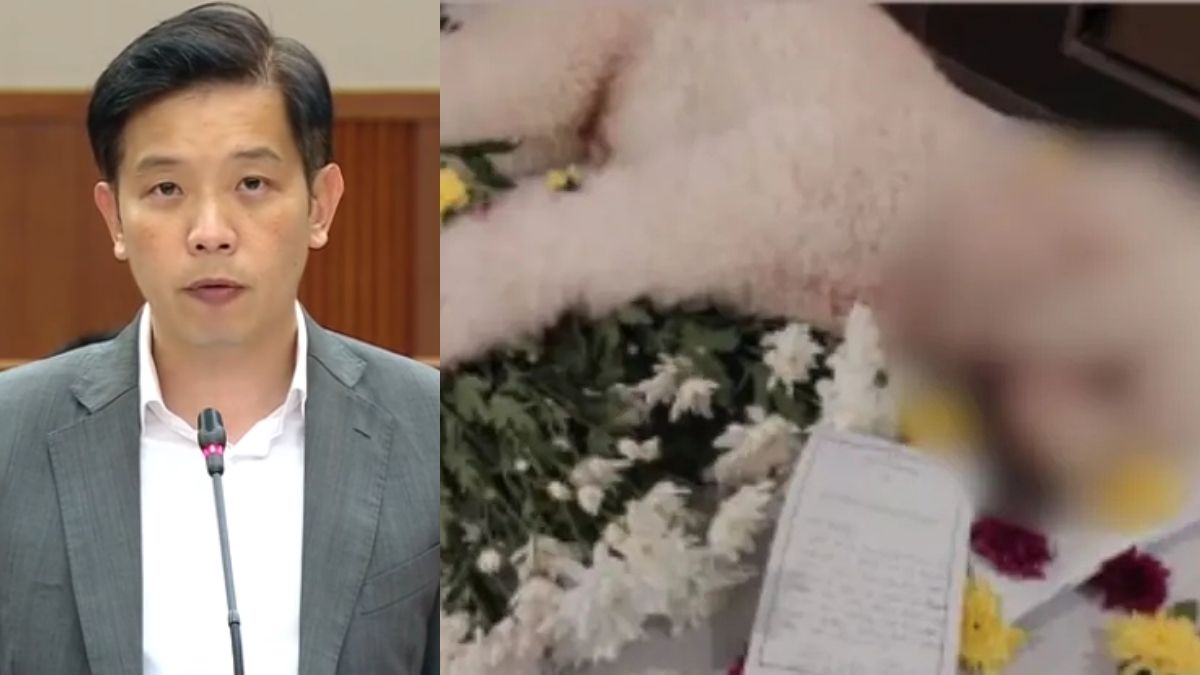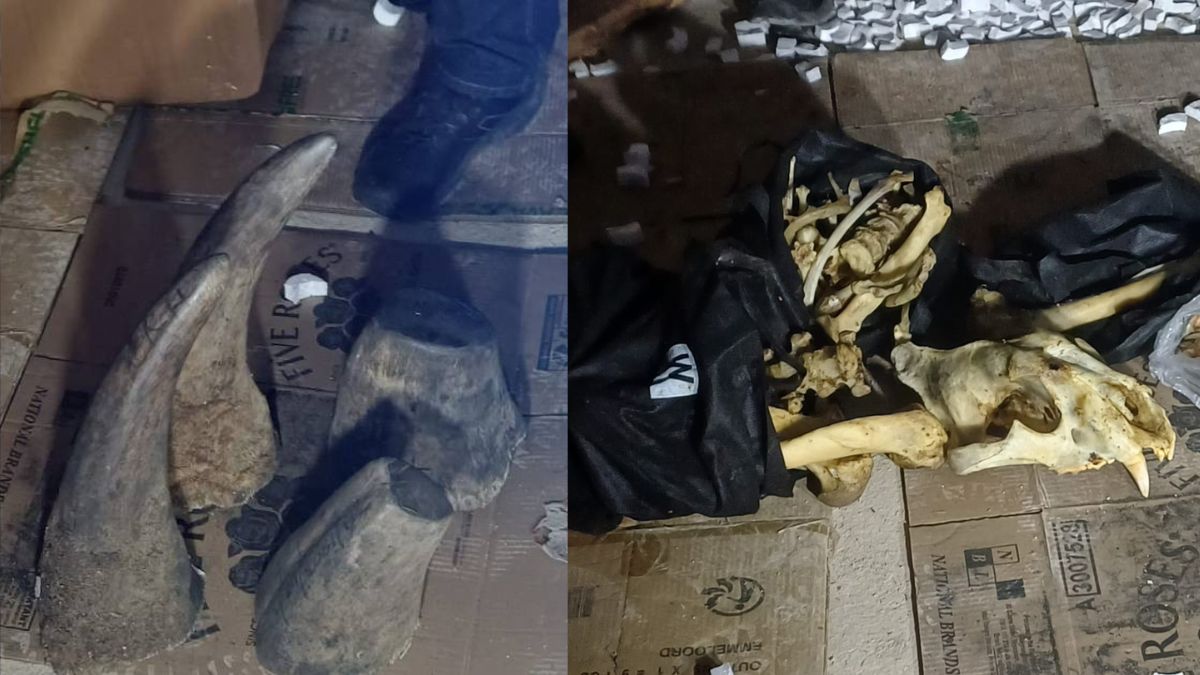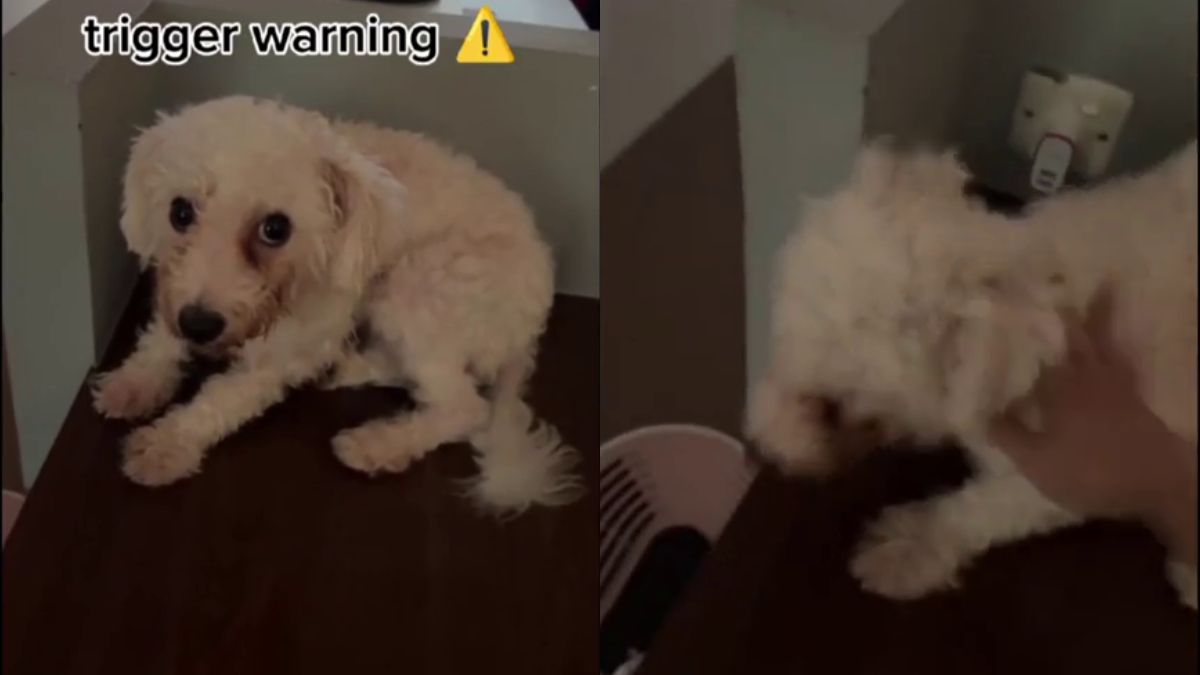Court fines 50yo woman S$21,500 for keeping 79 dogs without proper licences or microchips
A woman who kept 79 dogs without proper licences or microchips was fined S$21,500 after years of defying NParks’ directions, in what the court described as an unprecedented case involving significant public and animal welfare risks.

- A woman was fined S$21,500 for keeping 79 unlicensed and mostly unmicrochipped dogs and repeatedly defying NParks’ directives.
- NParks spent nearly three years attempting to secure compliance, eventually seizing most of the animals.
- The court labelled the case unprecedented in scale and persistence, citing public health and animal welfare risks.
SINGAPORE: A Singapore court has fined Julia Nicole Moss S$21,500 on 19 November 2025 for keeping 79 dogs without proper licences or microchips.
According to court proceedings, NParks conducted repeated inspections over nearly three years but Moss failed to comply with directives.
The case began in June 2022 when the Animal and Veterinary Service received feedback from a law firm regarding numerous dogs at Moss’ home.
Officers found 65 unlicensed and unmicrochipped dogs during the first inspection, most of them toy poodle mixes.
NParks officers repeatedly advised Moss to microchip, sterilise and rehome the dogs to meet Singapore’s regulatory requirements.
Despite four inspections in 2022 and ongoing communication, no compliance was achieved.
Prosecutors said the number of dogs increased from 65 to 79 over two years.
They noted this was due in part to the dogs being unsterilised.
Moss told officers she planned to relocate to Dubai with all 79 dogs due to her husband's work.
She used this proposed move to justify delaying microchipping and rehoming efforts, the court heard.
By early 2024, NParks observed no meaningful progress on the relocation plans.
Moss had also been declared bankrupt, complicating enforcement actions.
In May 2024, NParks issued a directive to microchip all dogs within 90 days.
Moss failed to comply, claiming financial constraints and insisting the move overseas was imminent.
AVS vets conducted visits in September 2024 and microchipped 61 dogs, while eight had been previously microchipped.
In total, 71 dogs were microchipped by AVS at a cost exceeding S$1,400, which remains unpaid by Moss.
The home was also undergoing repossession due to a mortgage default.
The bank extended eviction dates from October 2024 to January 2025 on compassionate grounds.
During this period, NParks repeatedly asked Moss where the dogs would be relocated.
She said she would move to a Holland Village property but provided no address.
NParks later found the home vacated with all dogs removed.
Moss refused to disclose their new location, defying directives to report any relocation.
In April 2025, NParks located Moss after receiving public feedback indicating she had moved the dogs to a rental property.
Officers discovered the dog population had grown by 10 in six months.
The landlord terminated the tenancy due to non-payment of rent that month.
With insufficient space and resources, Moss allowed 37 dogs to be rehomed through an animal welfare group.
She subsequently refused to surrender more dogs, insisting she would never agree to further rehoming.
NParks seized the remaining animals in July 2025, obtaining a court-ordered forfeiture.
Fifty-two dogs were rehomed and three were returned to Moss after she obtained the required licences.
The prosecutor described the case as unprecedented in scope and severity.
He cited Moss’ persistent defiance, the scale of the offending and repeated failures to comply with official directions.
He sought a fine of between S$21,500 and S$26,500.
Defence lawyer James Liew argued for a fine between S$15,000 and S$20,000.
He said the offences were driven by passion and compassion for the dogs rather than malice.
He emphasised that Moss caused no injury, harm or loss to others.
He requested leniency to allow her to move forward with her life.
The judge noted that the case was unprecedented due to the number of dogs involved and Moss’ prolonged non-compliance.
She stressed that public health risks and animal safety concerns were significant.
Under Singapore law, keeping more than three dogs without proper classification can lead to a fine of up to S$5,000.
Failing to microchip a dog can result in a fine of up to S$10,000, a year’s jail, or both.
Owning an unlicensed dog carries a potential fine of up to S$5,000 per charge.
Failing to notify authorities before relocating an animal may result in up to six months’ jail, a fine of up to S$5,000, or both.











